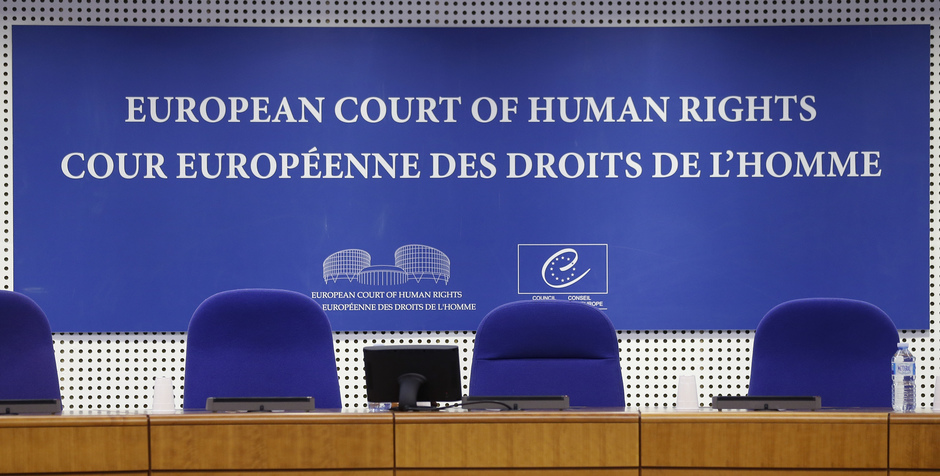European Court of Human Rights Rules in Favor of Christian Convert from Iran
We helped secure a major victory last week for Christians fleeing persecution in Iran.
We worked through our international affiliate, the European Centre for Law & Justice (ECLJ), to protect Christian converts at the European Court of Human Rights in the case of F.G. v. SWEDEN.
The case focused on the right to seek asylum for an Iranian born into a Muslim family who converted to Christianity. The Grand Chamber the European Court of Human Rights unanimously decided that a European country cannot send an asylum-seeker back to Iran without evaluating the risks he faces in Iran given his conversion to Christianity.
We were authorized by the President of the Court to intervene before the Grand Chamber. In our amicus brief we presented an overview of Iran’s current constitutional, legal, and international treaty obligations on religious freedom of Christians and highlighted the abusive interpretation of these obligations by the Iranian authorities in the case of Christian converts.
We relied on our significant experience fighting for Christians facing execution and abusive prison sentences because of their Christian faith, including helping secure the release of Pastor Youcef Nadarkhani and American Pastor Saeed Abedini.
This case originated in April 2010 when the Swedish Migration Office decided to reject Mr. F.G.’s request for asylum and ruled to send him back to Iran, even though he had converted to Christianity in Sweden.
In January 2014, the 5th Section of the Court ruled in its first decision that Sweden could send Mr. F.G. back to Iran without implicating Articles 2 and 3 of the European Convention on Human Rights, which require countries to respect life and protect against inhumane and degrading treatment.
Several judges, relying on our legal submissions, contested this judgment. They argued that Iranians who convert to Christianity face very real and grave risks – including being charged with the crime of apostasy, which is punishable by death according to Islamic law.
In June 2014, the Grand Chamber agreed to take up the case. Ultimately, the Court disregarded the misguided Article 2 and 3 arguments taken on by the 5th Section of the Court, and held that Sweden should have evaluated the risk Mr. F. G. faced before deciding to deport this Christian back to Iran.
In a separate opinion published in the case annex, several judges cited the written observations we submitted to the Court, and held that sending back a Christian convert to Iran would in itself constitute a violation of the European Convention on Human Rights, due to Iran’s treatment of those deemed “apostates.”
This decision of the Court is very timely given the wave of Muslim migrants coming into Europe and the likelihood of more converts to Christianity in this context. The continued momentum towards recognizing the need to protect these migrant converts from harm in their home countries will go a long way towards affirming international religious liberty.
